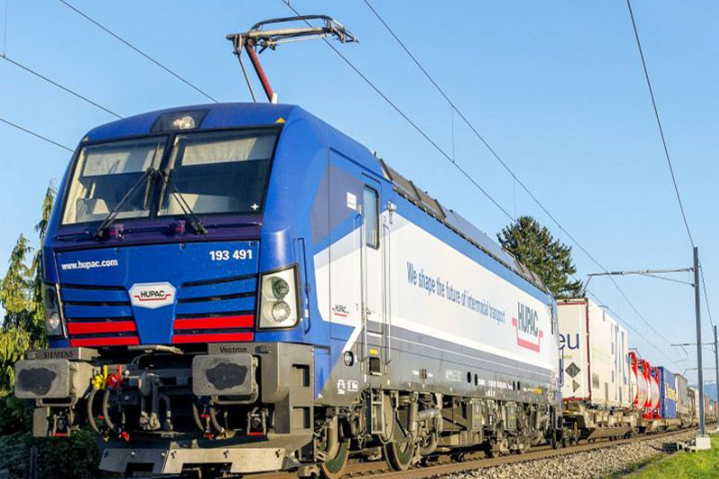
EUROPE – At the end of last week the European Commission released a White Paper aimed at establishing measures for a sustainable rail market in view of the Covid-19 pandemic. Whilst admitting it cannot foresee how the crisis will continue to develop, the EC made it clear it understands that the effect will lead to a high number of insolvencies and liquidity problems for supply chain stakeholders ranging from railway undertakings, shippers and logistic enterprises as well as infrastructure managers and service facility operators.
The report has been welcomed by such as the European Rail Freight Association (ERFA) which said it believes the proposals will give Member States the necessary flexibility to take concrete actions to assist the rail freight sector during the ongoing Covid-19 crisis. The proposals will allow Member States and infrastructure managers to waive, or reduce, track access charges as well as reservation charges. ERFA believes these are appropriate and necessary measures as they will provide support to the rail freight industry in an open, non-discriminatory and transparent manner.
With over a million people employed in the rail sector throughout the EU member states rail transports around 1.6 billion tonnes of freight and 9 billion passengers each year. In 2016, EU freight traffic volumes reached 419 billion tonne kilometres out of 2.5 trillion of land transport overall. Around half of total rail freight is cross-border which lends rail freight a strong European dimension, and makes it even more sensitive to a lack of interoperability and cooperation between national rail networks that can affect its competitiveness.
As the crisis bit, so both cross border and domestic tonnages plummeted as industries halted production. To counter the effects the EC has proposed a multi-faceted approach including the waiving of the charges mentioned above. Full details of how this will be effected are given in the report, particularly what it terms the ‘reference period’, that is from 1 March to 31 December 2020, the earliest the EC believes the pressure will lift.
The Commission will review this period in November with a view to extending the time the measures are in place should the crisis persist. Naturally ERFA is keen to back the move to support its members saying private and independent rail freight undertakings are particularly vulnerable and needing that non-discriminatory support. It says rail freight volumes are currently experiencing a reduction of roughly 25% of normal and expected volumes. With access charges accounting for between 20%-35% of total operational costs borne by rail freight undertakings, the sharp reduction in volumes is impacting on the viability of running services.
It goes on to agree that, without support, there is a risk that some private and independent railway undertakings will not survive the crisis and this would lead to a less competitive and customer orientated rail freight market, and undermine Europe’s modal shift objectives. This proposal will allow Member States to provide the necessary support without introducing market distortion and ERFA refers the EC to its own previous Position Paper on 2 April on ‘Creating a Fair and Balanced Temporary State Aid Framework for Rail Freight’. ERFA President, Dirk Stahl, commented,
“We welcome the proposal and initiative of the European Commission. If adopted, the Regulation will provide the necessary flexibility for Member States and infrastructure managers to take concrete actions to support the rail freight industry. Support measures such as a temporary waiving or reduction of track access charges will provide an appropriate relief during the ongoing crisis.”
Source:handyshippingguide
Quality Companies